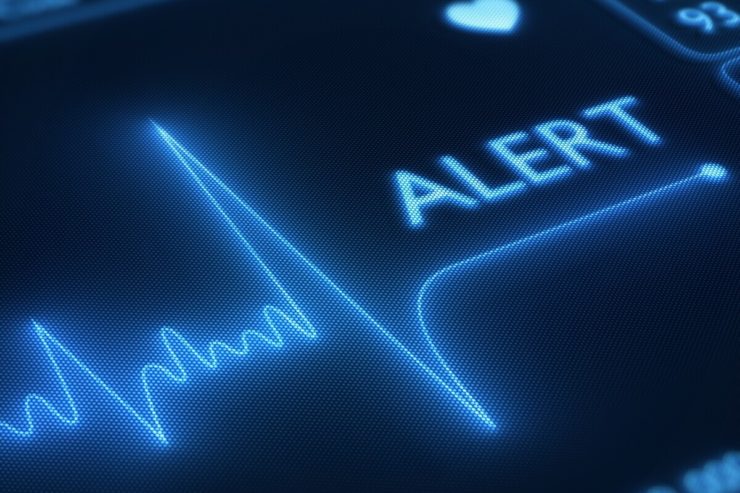FAQ
Valsartan Lawsuits
Valsartan is an antihypertensive medication of the angiotensin II receptor blocker (ARB) type. It is used to treat high blood pressure, heart failure and recent heart attacks. It was introduced under the brand name “Diovan” but became available as a generic medication in 2014.
Valsartan is also used in combination with hydrochlorothiazide and/or amlodipine under the brand names “Diovan HCT,” “Exforge,” and “Exforge HCT.” All three combination products are also available as generic medications.
Multiple manufacturers are now facing lawsuits after their valsartan products were found to have been contaminated by substances that are known to be cancer-causing. Most of these products contain active ingredients which were manufactured in India and/or China. Several generic versions of valsartan and combinations containing contaminants have been pulled off the market and more recalls are expected.
The potential carcinogens in the medications include:
- NDMA (N-nitrosodimethylamine)
- NDEA (N-Nitrosodiethylamine0
- NMBA (N-Methylnitrosobutyric acid
Valsartan manufacturers are facing numerous Valsartan lawsuits due to injuries caused by their drugs.
Valsartan Contamination
Certain batches of bulk valsartan produced by the Chinese company Zhejiang Huahai Pharmaceuticals and the India company Hetero Labs Limited may have been contaminated with NDEA, NDMA or NMBA. The bulk valsartan was then used as the main ingredient in medications manufactured for U.S. consumers by a number of companies. These chemicals are known carcinogens.
NDMA, in fact, is no longer made in the U.S., but was once used in the production of liquid rocket fuel and other industrial manufacturing. NDEA is a contaminant that is present in tobacco smoke, while NMBA may have been created by improper reuse of solvents during the manufacturing process.
Valsartan Recalls
Because of the discovery of potentially carcinogenic substances included in manufactured lots of valsartan, several drug companies have voluntarily recalled their products. As more contamination events are discovered, more products are added to the recall lists. Recalls have been ongoing since 2018, with a new round announced in March 2019.
Involved companies, along with others, may be facing hundreds of lawsuits for injuries caused by their medications, and the list is expected to grow.
Currently, these claims are part of a class-action lawsuit against certain manufacturers or distributors, including:
- Actavis
- A-S Medication Solutions
- Aurobindo
- AvKARE
- Bryant Rank Prepack
- Camber Pharmaceuticals
- Hetero Labs, Inc.
- HJ Harkins Company
- Major Pharmaceuticals
- Mylan Pharmaceuticals
- Northwind Pharmaceuticals
- NuCare Pharmaceuticals
- Preferred Pharmaceuticals
- Prinston Pharmaceutical
- RemedyRepack Inc.
- Solco Healthcare
- Teva Pharmaceuticals
- Torrent Pharmaceuticals Limited
Additionally, lawsuits have been filed against pharmacies and corporations which allowed the use of contaminated medications that had been manufactured in China and India.
Prescription providers who may be named in lawsuits include:
- CVS
- Rite-Aid
- Walmart
- Throggs Neck Pharmacy
In addition to the harm that has been caused to potentially hundreds or thousands of patients by carcinogenic ingredients, the sudden withdrawal of the medication has created a shortage. The U.S. Food and Drug Administration (FDA) has responded by fast-tracking approval of a generic formulation which does not have any of the potentially carcinogenic ingredients.
Patients whose medication may be manufactured by one of the named companies should not stop taking valsartan without talking to their health care practitioner to get a replacement drug.
Valsartan Side Effects and Injuries
Valsartan and other ARB medications are known to have a number of side effects. Most of these side effects are mild to moderate and will go away with time, such as dizziness and nausea. More serious side effects of valsartan include impairment of renal function, high potassium levels, and drop in blood pressure. Side effects of valsartan are usually not reason for discontinuing the medication and have not resulted in harm.
Side effects and injuries that have caused the most concern in people who are taking valsartan are related to the carcinogenic and harmful properties of NDEA, NDMA, and NMBA, which are contaminants in the medication. All three chemicals are byproducts or are used in manufacturing of industrial chemicals and are known or understood to be carcinogenic or mutagenic. In addition, they are strictly regulated or prohibited by the Environmental Protection Agency (EPA).
These substances are used in cancer research to induce tumor formation in rats but are not expected to be in blood pressure medications. Short-term, the substances can result in liver damage with fibrosis or scarring, or damage of other organs. Long-term exposure to these chemicals can cause tumors to form in the liver, lungs, kidneys or other organs.
Symptoms of exposure to NDEA, NDMA, or NMBA may include:
- Nausea
- Headache
- Fever
- Jaundice
- Vomiting
- Abdominal cramps
- Dizziness
Longer term or in severe exposure cases, symptoms of liver failure, kidney failure or lung failure may occur.
Valsartan Lawsuit Settlements
People who were taking contaminated valsartan and experienced liver damage, liver tumors or other cancer are filing lawsuits against drug manufacturers. Over 1,100 federal valsartan lawsuits have been consolidated into multidistrict litigation in New Jersey and more may be expected. Others may have filed lawsuits in state and local courts; however no settlements have occurred.
